A pizza stone makes homemade pizza taste just like it came from a brick oven—crispy, golden, and delicious. But after a few uses, you’ll notice it darkens and even turns completely black. That’s normal! The trick is knowing how to clean a pizza stone that is black without damaging it.

This guide will walk you through simple methods, plus answer common questions like cleaning burnt-on food, using baking soda, or even caring for an Ooni pizza stone.
Why Does a Pizza Stone Turn Black?
Pizza stones are made from porous material, which absorbs oils, cheese drips, and sauce. Over time, these drippings bake into the surface at high heat, leaving behind burnt spots and stains. That’s why your stone gradually darkens or looks black. Don’t worry—it doesn’t mean it’s dirty or ruined. A darkened stone is actually seasoned, which helps create better crusts.
Step-by-Step: How to Clean a Pizza Stone That Is Black
1. Let It Cool Down
Before cleaning, always let your pizza stone cool completely. A hot stone exposed to water can crack due to thermal shock.
2. Scrape Off Burnt-On Food
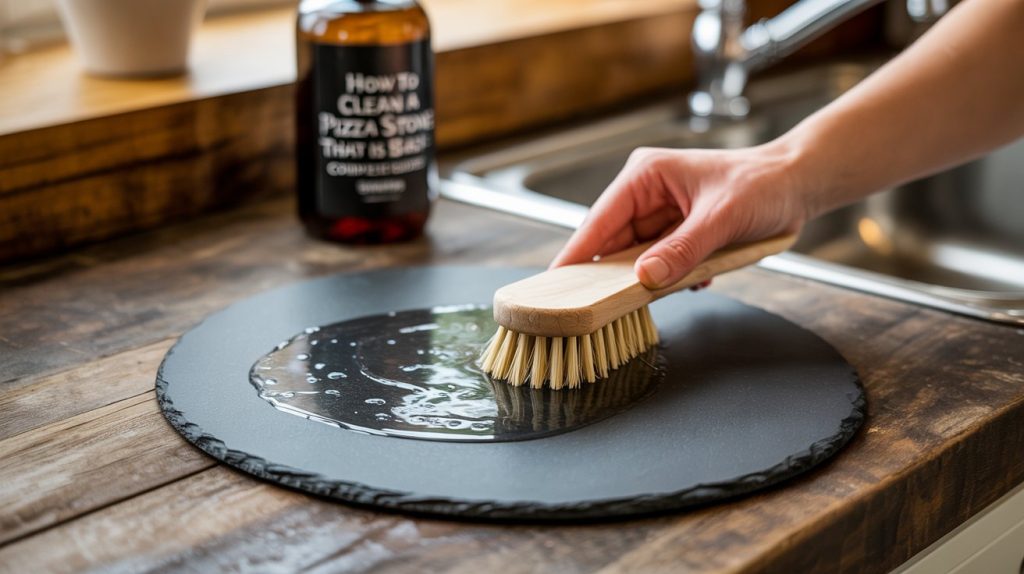
Wondering how to clean a pizza stone with burnt-on food? Start with a stone brush or a plastic scraper to gently remove stuck pieces. Avoid using sharp metal tools, as they can scratch the surface.
3. Rinse Lightly (No Soaking)
If crumbs and charred bits remain, rinse the stone quickly under warm water. Do not soak it—excess water will get absorbed and may cause steaming or cracking during your next bake.
see also – Easy Fruit Pizza Recipe – Fresh, Colorful & Irresistibly Delicious
4. Skip the Soap
Many beginners ask: “Do you need to clean a pizza stone with soap?”
The answer is no. Soap will soak into the porous stone and ruin the flavor of your pizzas. Stick to water and natural scrubbing methods.
5. Use Baking Soda for Stubborn Spots

If you’re searching for how to clean a pizza stone with baking soda, this is the safest method. Make a paste with baking soda and water, then gently scrub stains with a brush. This removes residue without damaging the stone.
6. Try a Burn-Off Method
For extremely black stones, place the stone in the oven at 500°F (260°C) for one hour. This process will burn away stuck-on food. Let it cool completely before removing.
7. Dry It Thoroughly
Pat the stone dry with a towel and allow it to air dry completely before storing. A damp stone will affect the crispiness of your crust.
Special Cleaning Situations
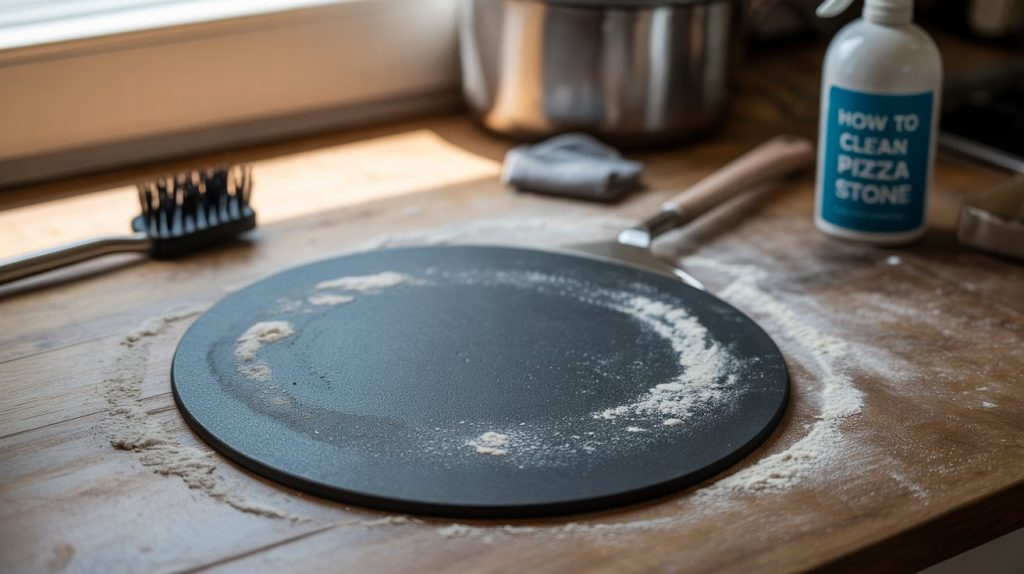
How to Clean a Pizza Stone Ooni
Ooni pizza stones are especially popular for outdoor ovens. The same rules apply—scrape, rinse lightly, no soap. Because Ooni ovens run very hot, many stains will naturally burn off during cooking.
How to Clean a Pizza Stone Without a Stone Brush
If you don’t have a stone brush, don’t worry. Use a plastic spatula, spoon, or even a dry cloth to scrape off crumbs. For tougher stains, the baking soda paste works perfectly.
See ALso – Easy Fruit Pizza Recipe – Fresh, Colorful & Irresistibly Delicious
Do You Need to Clean a Pizza Stone Every Time?
Not always. After most uses, a quick brush to remove crumbs is enough. Deep cleaning is only necessary if you notice a buildup of burnt-on food or grease.
Pizza Stone Brush – Is It Worth Buying?
A pizza stone brush is handy for regular maintenance. It keeps crumbs and char away without damaging the stone. If you bake often, investing in one is a good idea.
FAQs on Cleaning Black Pizza Stones
Q: Is it bad if my pizza stone is black?
No! A black stone is seasoned and perfectly safe to use. It helps bake crispier crusts.
Q: Can I use vinegar or chemicals?
Avoid harsh cleaners. Stick to baking soda and water for safe, natural cleaning.
Q: How do I store my pizza stone?
Many people store it inside the oven—it keeps the stone safe and also helps distribute heat evenly when baking.
Final Thoughts
Knowing how to clean a pizza stone that is black comes down to a few simple rules:
- No soap
- No soaking
- Gentle scrubbing with a brush or baking soda
Black spots, stains, and darkened surfaces are not flaws—they’re proof your stone is well-loved and seasoned. With proper care, your pizza stone will last for years and deliver restaurant-style pizzas right from your kitchen.

a third-generation pizza enthusiast and food blogger at Pizzetteria Brunetti. Growing up in a family-owned pizzeria in New York, he learned the art of dough-making from his Italian grandfather. With over 15 years of hands-on kitchen experience, John shares authentic recipes, baking science, and pro tips to help home cooks master restaurant-quality pizza at home. When he’s not testing new recipes, you’ll find him exploring local food markets or teaching cooking classes.


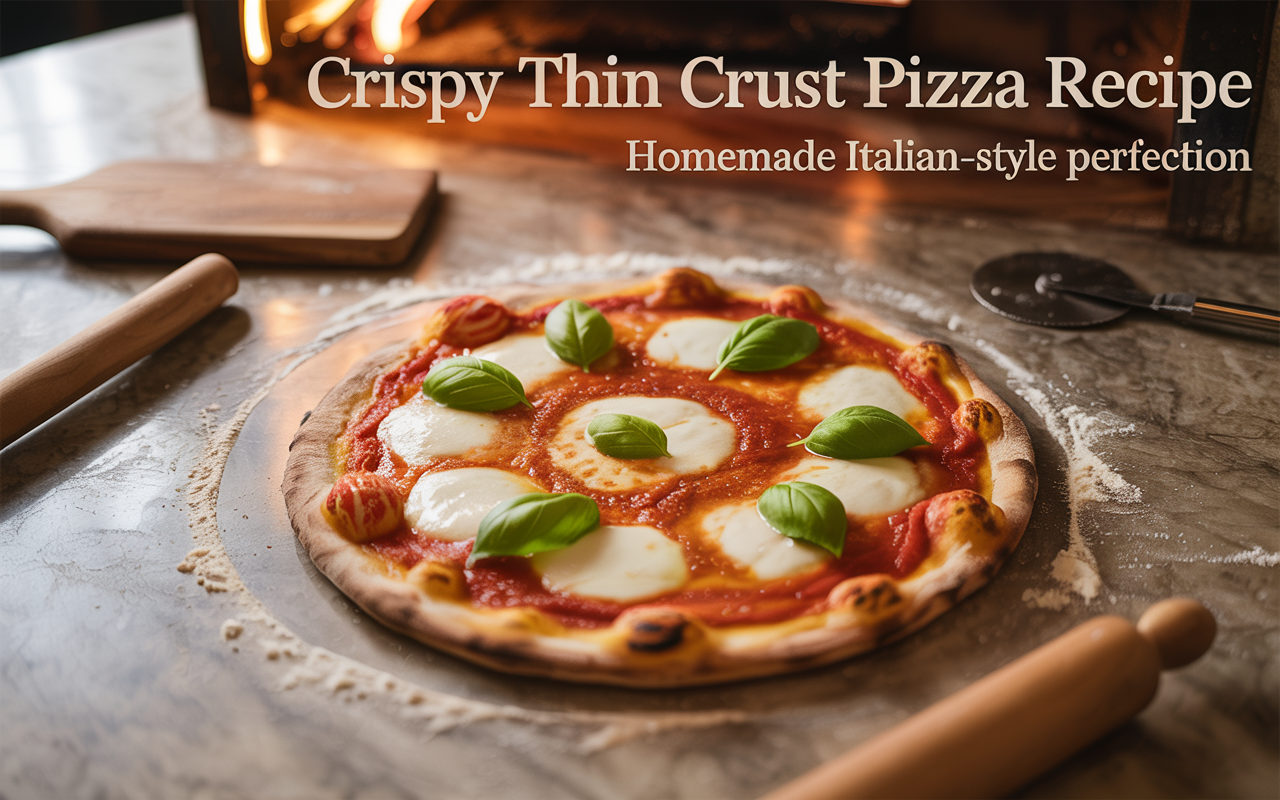
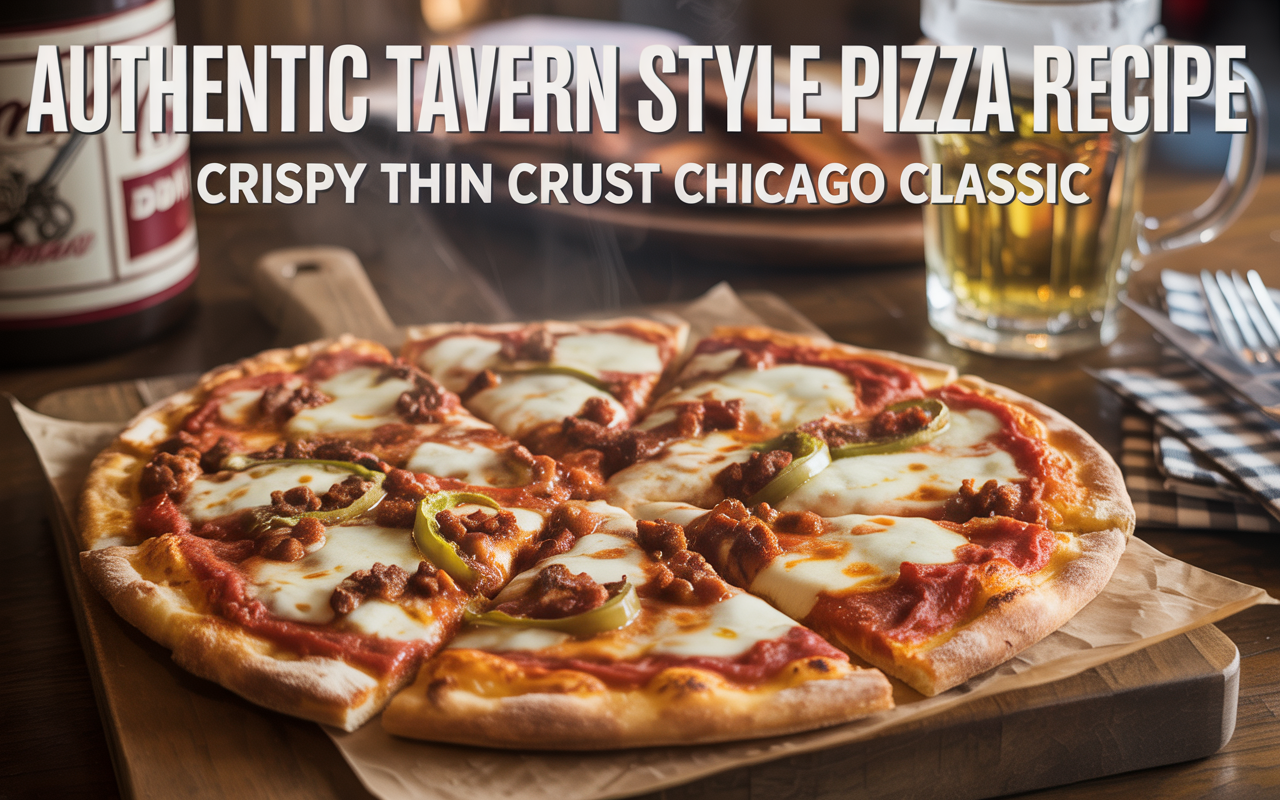
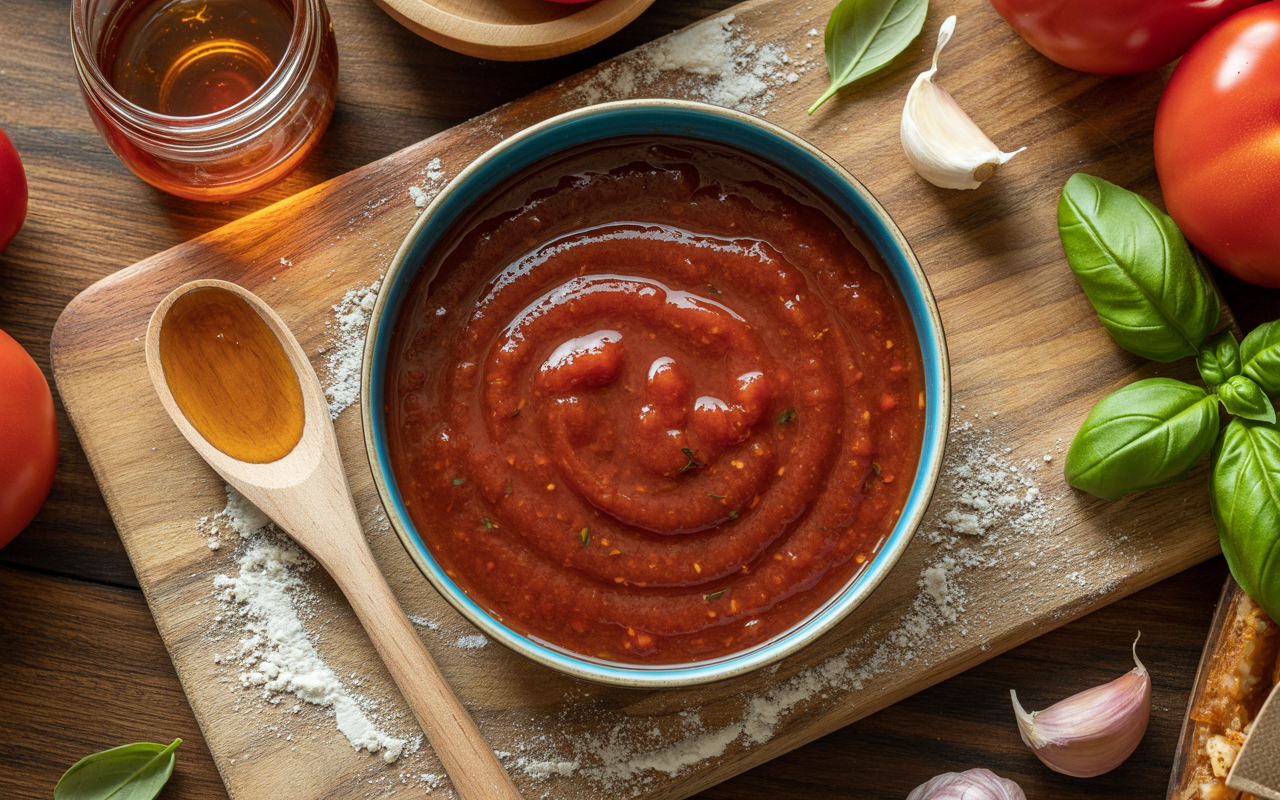
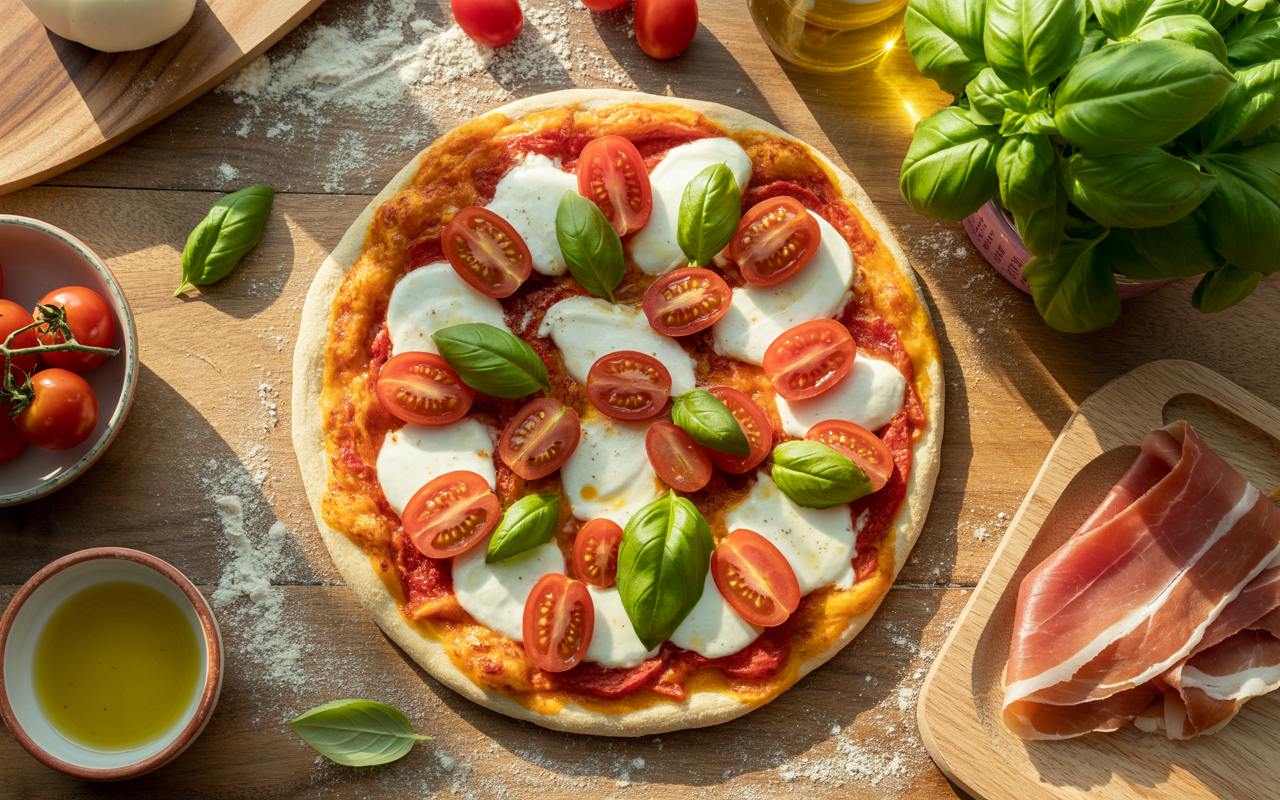
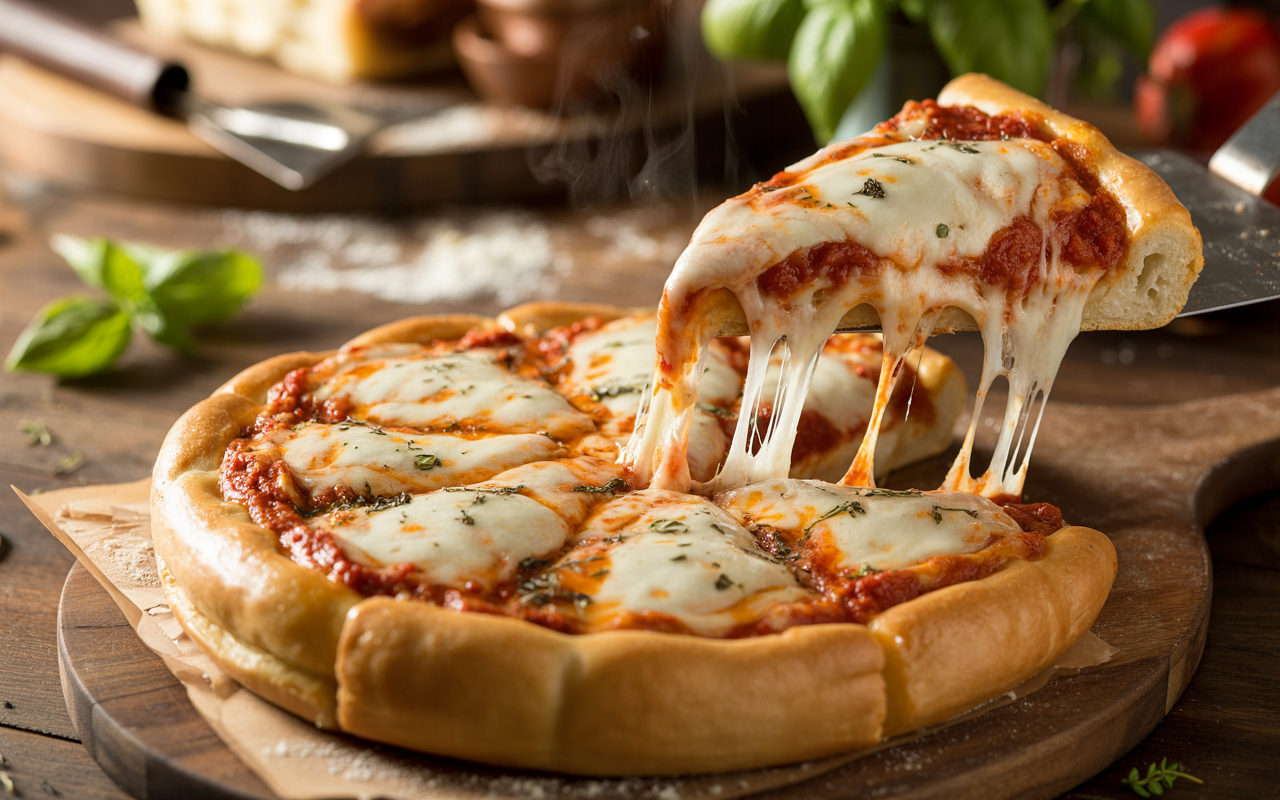
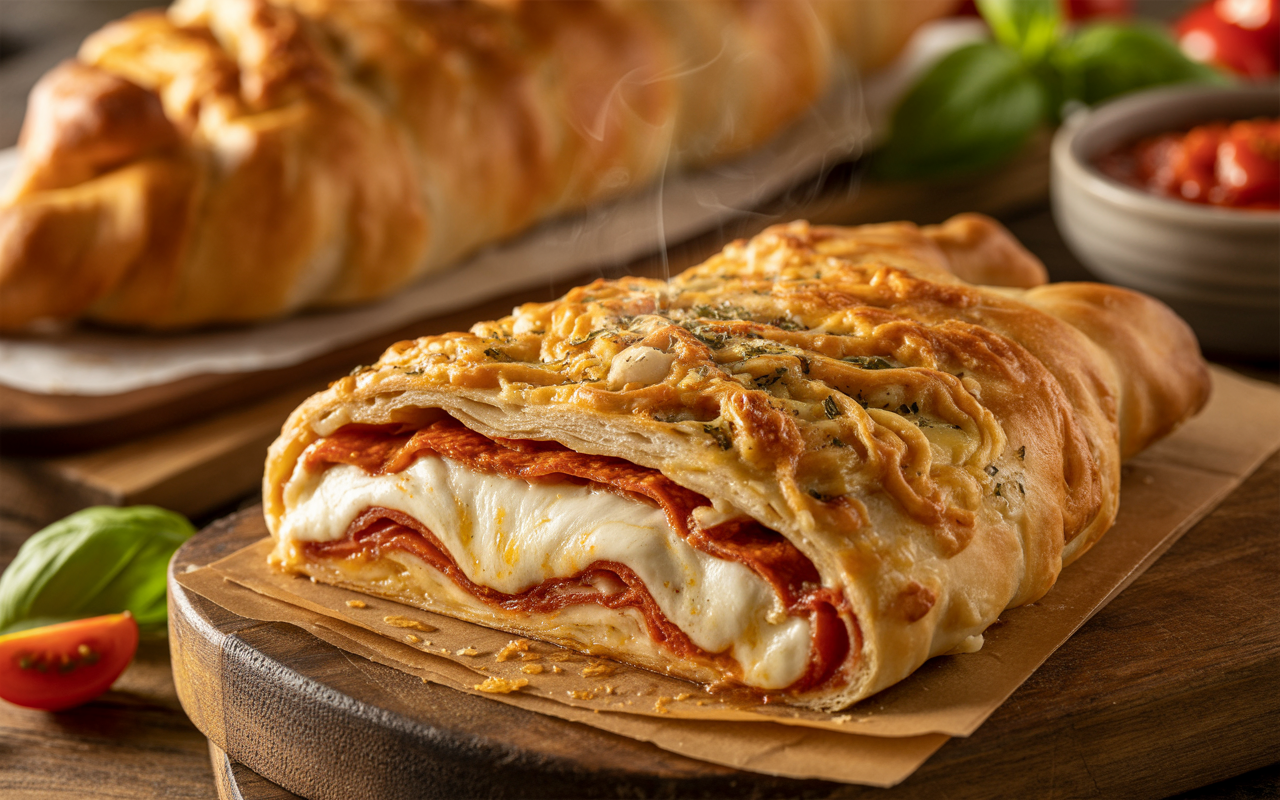
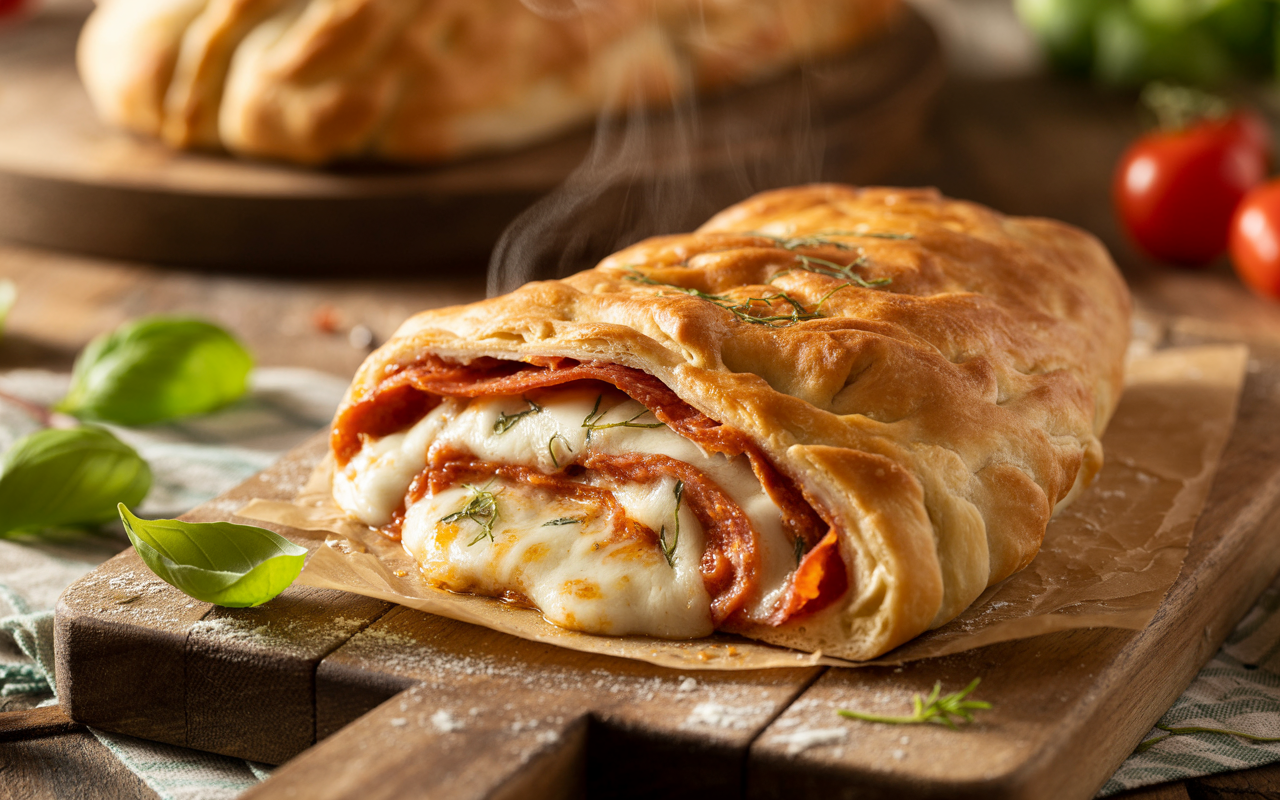
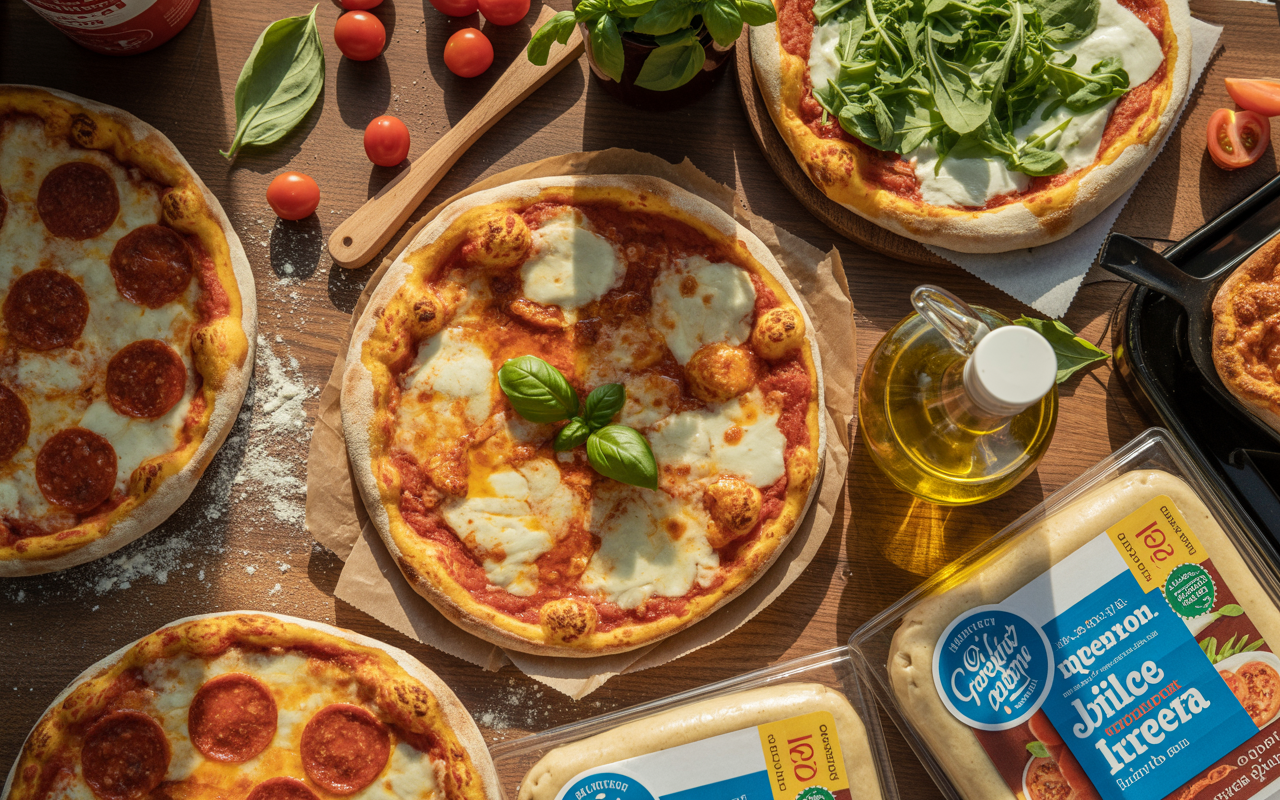
Leave a Reply